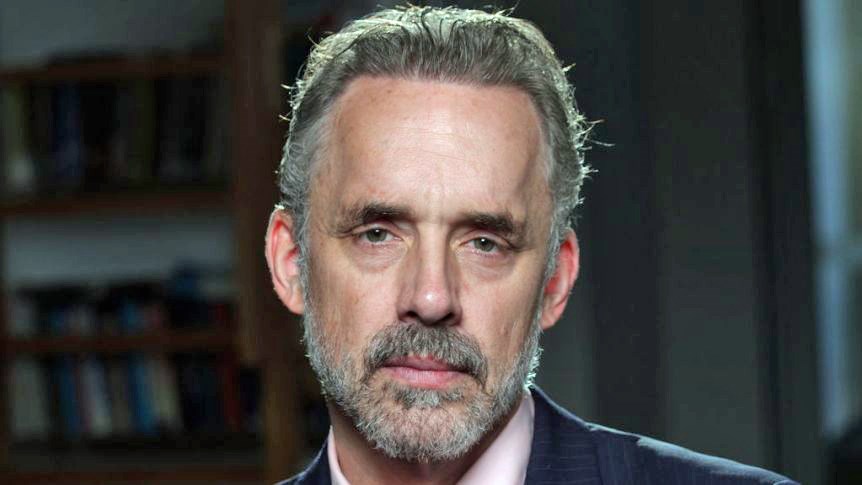So, Jordan Peterson resigned his position as a professor of psychology at the University of Toronto. In recent years, Peterson has presented himself as an intellectual ballast for those who feel buffeted by all the talk about race, gender, and colonialism. He was someone who could quote Nietzsche as he explained that traditionally white men got the best jobs simply because they were the best candidate. Leaving the academy, he intends to fully embrace this role as the defender of white male entitlement.
Announcing his resignation, Peterson particularly emphasizes his disdain for initiatives to enhance equity, diversity, and inclusion (EDI).
Understandably, many dismiss him as incendiary or puerile. But Peterson is not just controversial, he is also influential. Thus, we find it necessary to engage his arguments.
Peterson gives three main reasons for his resignation: a commitment to education, a desire to protect his graduate students, and opposition to rampant political correctness in the academy. We will deal with them in reverse order below.
Rampant Political Correctness in the Academy
Peterson’s chief grievance is that political correctness is corrupting the university. He makes numerous accusations that seem to confirm the beliefs of those who see post-secondary institutions as leftist bastions. However, his case against the university mixes fact and fiction.
Equity is an increasing concern in education, but it is imperfectly implemented and still often secondary to other considerations. Peterson raises very valid concerns that human resources personnel administering inclusion workshops lack appropriate qualifications and diversity trainings often offer only performative rituals to EDI. However, he also suggests that diversity statements have become a standard requirement for grants but this simply is not true.
Moreover, money rather than ideology is guiding the university’s discombobulated actions. To expand their market, universities need to recruit international students and better serve under-represented populations in Canada. To minimize scandals and lawsuits, they need to address issues of discrimination. This is just good business sense.
When universities approach these EDI initiatives, they are often focused on minimizing cost. Thus, they regularly hand workshop design and implementation to an existing employee, regardless of their background or expertise. As publicly funded institutions, fiscal prudence makes sense.
Harm to Graduate Students
Peterson suggests that he decided to abandon the academy to protect his graduate students. Specifically, he fears their academic employment prospects will be slim. Sadly, this is true. Universities are producing far more qualified individuals than there are jobs for. However, Peterson misnames this very real issue. Instead, he blames the politics of identity for white graduates’ employment woes.
Indeed, Peterson suggests that the glut of hiring for diversity means that unqualified individuals are being hired simply because they are part of a desired group. He is right that universities are conducting targeted hires to diversify the faculty. However, this process is designed to correct for the historic exclusion of the majority of the population from the university. This is not undermining the validity of the university but demonstrating its commitment to serve the broader public.
The Ability to Educate
This brings us to the last, and we argue most important, justification that Peterson provides for his departure: education. Specifically, Peterson wants to reach more people and in a more accessible manner. Undoubtedly, leaving the university will facilitate this. Certainly, the mode of his departure announcement alone will draw significant attention to him.
But he is abandoning something larger. The work of a tenured university professor is not simply to teach. Rather at the foundations of the university structure is the idea that the highest levels of education should be taught by those who are engaged in vital research in the area. Moreover, those educators should run the institution. This means that a tenured professors’ time is split between teaching, research, and administrative service. Leaving the institution, Peterson has disavowed the scholarly community.
Absent professional obligations, he can peddle whatever ideas he likes and work on his own terms. Indeed, he arguably has greater impact now than he ever had in the classroom. He can monetize his services as an intellectual entrepreneur. He will find an audience and make his money.
But Peterson will not make Canada great again. We do not need to return to an imagined past. Instead, we must do the slow and difficult work of coming to terms with our very real past, learning from it, and then taking the steps to build a better and more inclusive future.
Prof. Daniel Sims is an associate professor of First Nations Studies UNBC and a member of the Tsay Keh Dene First Nation. Prof. Tyler McCreary is an adjunct professor of First Nations Studies at UNBC and assistant professor of geography at Florida State University. He is author of Shared Histories.



